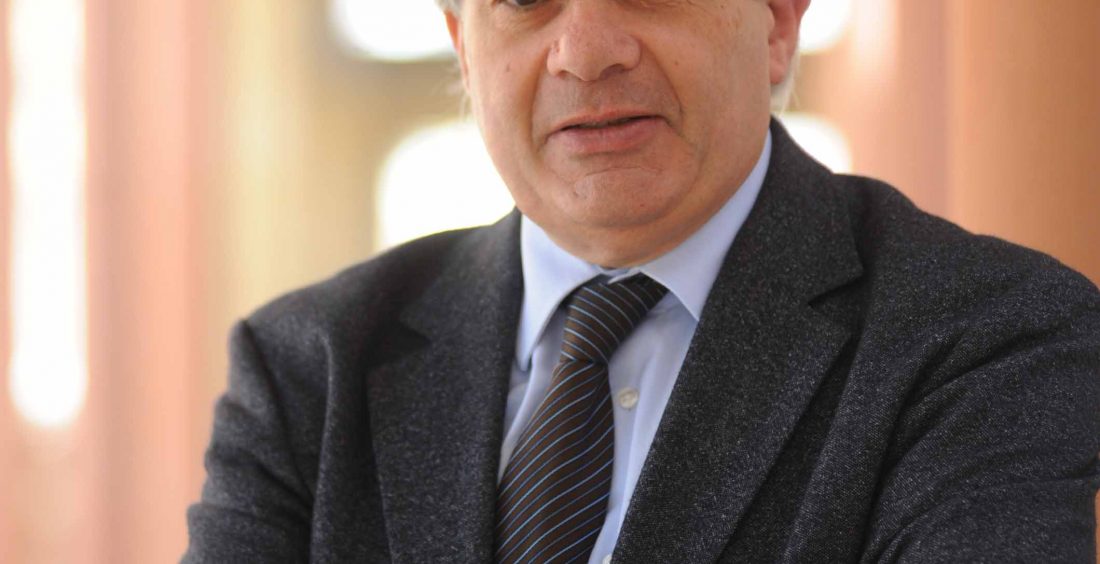
In a recent testimony to the public inquiry into the assassination of Daphne Caruana Galizia, the former executive chairman of the Planning Authority testified on the business meals that he had had with Yorgen Fenech.
When questioned, he equated the pressure that developers exert, in order to get permission to build more and higher, with the pressure of eNGOs who lobby against – or with the facility available to eNGOs to make their contrary submissions. I presume that eNGOs have to be thankful for the “concession” that we can submit our objections! This testimony encapsulates what is wrong with our planning system. Our planners do not plan – they simply translate the wishes and directions of their political masters into so-called ‘plans’.
They collate the ideas and proposals of developers into ‘development briefs’. Then, when the objectives of building all over the place become policy and law, the authorities can legitimately claim that everything was approved in accordance with such policy and law. It follows, therefore, that the situation Malta and Gozo find themselves in is unequivocally the direct result of political decision.
And, yes, of course, lobbying and business lunches and dinners go a long way in forming those decisions.
The system is, indeed, very simple. Developers, with the familiarity and financial clout to invite decision makers to dinners have the right to put forward their proposals directly to the decision makers at the top.
After all, eNGOs will then have the right to object! If eNGOs did not, then there would be no reason why the developers’ demands should not be entertained.
Planning is, after all, about satisfying the demands of the people!
eNGOs do not have the resources to invite top officials to lunch or dinner, neither would they even find it good and ethical governance to entertain officials to dinner even if they had the funds for it.
Nor do they have the facility to put their lobbying, to the powers that be, as simply or directly as a dinner invitation.
When in April 2018, 23 eNGOs launched ‘Wirtna – Our Legacy’ manifesto, and asked to meet the prime minister, it took us close to seven months to get a royal audience. Of course, we were then politely received and duly ignored.
The system has improved. We are pleased that we can now speak very directly to the minister for the environment, climate change and planning, who regularly speaks to and consults with us.
However, the changes are slow in coming, and the feeling remains that the Planning Authority still sees the ‘lobbying rights’ of developers as equivalent to those of eNGOs.
The disparity between developers and eNGOs extends to the extensive financial resources required to file objections before commissions, to file appeals before the authority’s tribunal, and, eventually, file actions in court; as well as to engage the professional advisers who are needed throughout these processes.
Luckily, many concerned citizens contribute financially to support these actions, and many professionals offer their services pro bono.
However, eNGOs and developers cannot be considered, as the former executive director of the Planning Authority tried to portray, as two ‘self-balancing’ lobbying groups. In any case, planning is not about balancing opposing lobbies, but about mapping out what is best for our country, for the common good.
The authority seems to be unable to grasp that developers lobby for their own financial interests, while eNGOs voluntarily lobby on behalf of the community that the authority is meant to serve, and on behalf of a built heritage and environment the authorities are bound to protect.
Johann Buttigieg has no right to put us in the same sentence as his developer lobbyists.
Alex Torpiano is executive president of Din l-Art Ħelwa
This article first appeared in the Times of Malta on 29 August 2020.


Comments are closed.